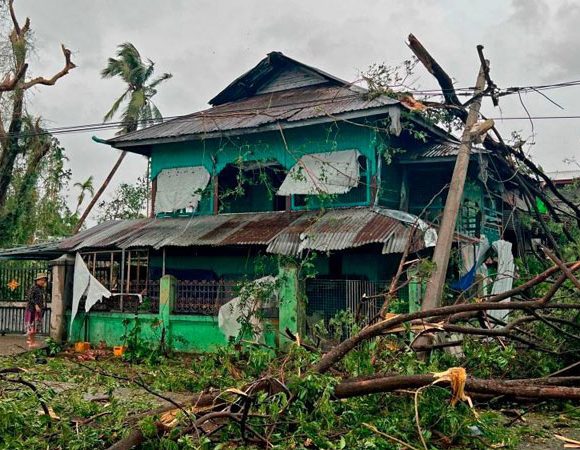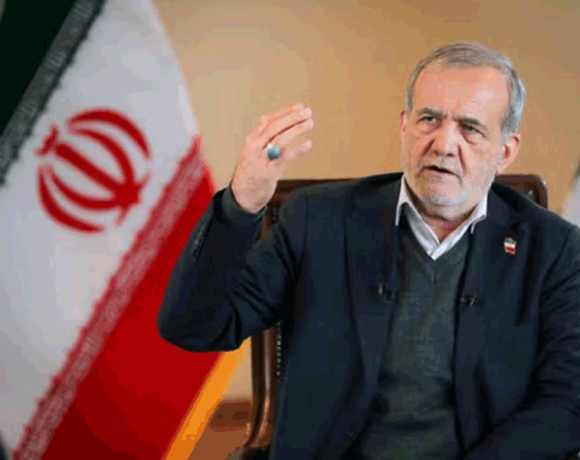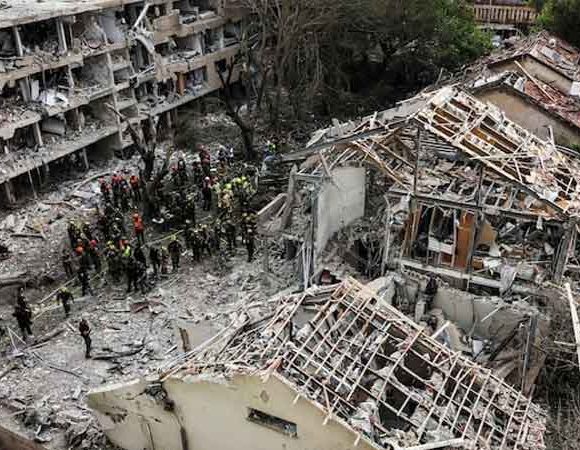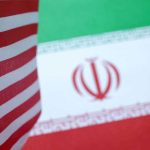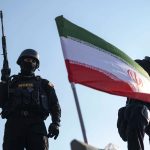Israeli troops cut off Khan Younis after suffering worst Gaza loss
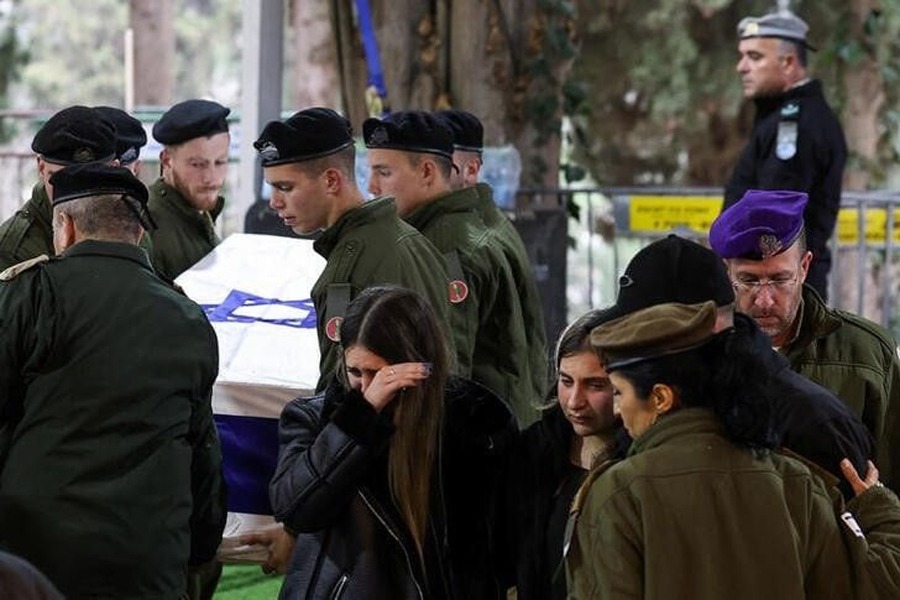
Twenty-four Israeli soldiers were killed in Israel’s worst day of losses in Gaza, the military said on Tuesday, as the White House said its envoy was having active discussions on ensuring the release of hostages and securing a humanitarian pause, Reuters reports.
In the hours after the death toll from two separate incidents became clear, officials in Israel reiterated that the aims of its war against the Palestinian Hamas movement that runs Gaza were unchanged and that efforts were being made to bring about the release of more than 100 hostages.
Acknowledging Monday had been one of the “most difficult days since the war erupted”, Prime Minister Benjamin Netanyahu said: “In the name of our heroes, for the sake of our lives, we will not stop fighting until absolute victory.”
Israeli government spokesman Eylon Levy said there would be no ceasefire that left Hamas in power and hostages in Gaza, following the militant group’s cross-border rampage on Oct. 7 in which some 1,200 Israelis were killed.
Palestinian health officials said at least 195 Palestinians had been killed in the past 24 hours, raising the documented death toll from Israeli air strikes and shelling to 25,490. Thousands more are feared lost in the rubble.
The soldiers’ deaths came on the day the Israeli military (IDF) launched its biggest operation in a month, to seize remaining parts of Khan Younis, Gaza’s main southern city that is sheltering hundreds of thousands of displaced Palestinians.
“Over the past day, IDF troops carried out an extensive operation during which they encircled Khan Younis,” the military said, adding that they had “eliminated” dozens of militants.
U.S. ENVOY IN CAIRO
However, giving weight to media reports that a deal could be in the works to pause the fighting at least temporarily and free hostages, Qatar’s foreign ministry had said earlier in the day it was engaging in serious discussions with both sides.
“We have presented ideas to both sides, we are getting a constant stream of replies from both sides, and that in its own right is a cause for optimism,” foreign ministry spokesperson Majed Al-Ansari said.
White House spokesperson John Kirby later said U.S. Middle East envoy Brett McGurk was in Cairo for “active” discussions on ensuring the release of hostages and securing a humanitarian pause.
“The conversations are very sober and serious about trying to get another hostage deal in place,” Kirby told reporters, adding the talks included discussion on how long of a pause in combat would be needed to get the hostages out.
Egypt’s armed forces said Defence Minister Mohamed Zaki and McGurk discussed the “importance of concerted efforts to calm the situation and preserve the lives of civilians”.
The families of hostages, who have campaigned since Oct. 7 for the release of their loved ones, have become more vocal in recent days, including a group bursting into a parliamentary committee on Monday, demanding that the lawmakers do more.
On Tuesday, former hostage Aviva Siegel, 62, who was taken captive from Kfar Aza kibbutz with her husband who is still held in Gaza, spoke at the Knesset, Israel’s parliament, in a discussion about sexual abuse during the war.
“It’s unbelievable that they (hostages) are still there. I can’t imagine what they are feeling. I can’t live with it. I can’t breathe. I can’t cope with it. It’s too difficult. It’s been almost four months and they are still there … Something has to change. Urgently. Now,” she said.
She was released during a short truce in late November.
TANKS SHUT KHAN YOUNIS ROAD
Israeli military spokesman Rear Admiral Daniel Hagari said 21 soldiers were killed when two buildings they had mined for demolition exploded after militants fired at a nearby tank. Three soldiers were reported killed in a separate attack.
Families and friends mourned them at funerals across Israel, touching coffins draped in the national flag and hugging one another in their grief.
Advancing Israeli tanks shut the road out of Khan Younis towards the Mediterranean coast on Tuesday, blocking the escape route for civilians trying to reach Rafah, the last town on Gaza’s southern edge bordering Egypt – now crammed with more than half the enclave’s 2.3 million people.
“I am trying to leave for Rafah but the tanks are now very near to the coast and are firing toward the west,” Shaban, 45, an electrical engineer with four children, said by phone.
The advancing Israelis have blockaded hospitals, which Palestinian officials say makes it impossible to rescue the dead and wounded. At the European Hospital, reached by Reuters in southern Khan Younis, Ahed Masmah brought in five corpses, piled on a mattress on his donkey cart.
“I found them face down in the street,” he said.
At Khan Younis’ main Nasser hospital, the biggest still functioning in the Gaza Strip, bodies were being buried on the grounds because it was unsafe to go out to the cemetery. Footage filmed by Palestinian journalist Hamdan El-Dahdouh showed persistent gunfire hitting the top of the main building.
Israel says Hamas fighters operate in and around hospitals, which hospital staff and Hamas deny. Israel said on Monday it was making efforts to help keeping hospitals running, delivering fuel and medical aid.
“Terrified staff, patients and displaced people are now trapped inside the few remaining hospitals in Khan Younis as heavy fighting continues,” Philippe Lazzarini, head of the U.N. Palestinian relief agency UNRWA, said in a statement.
He said six displaced people had been killed and many injured at one of the biggest U.N.-run shelters in Khan Younis. The Israeli military said it was unaware of any strikes in that area at the time in question.
With nightfall, an Israeli air strike hit a house in Jabalia in the northern Gaza Strip, killing seven Palestinians, health officials said.

